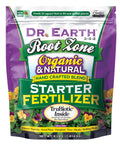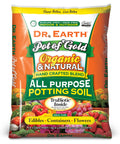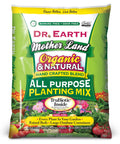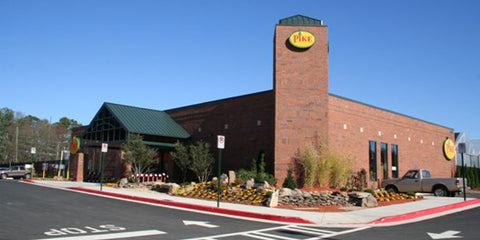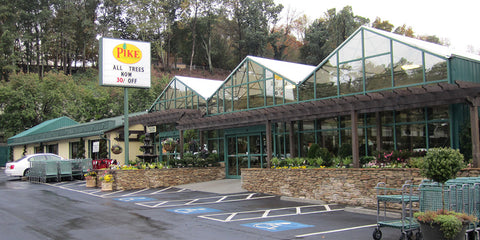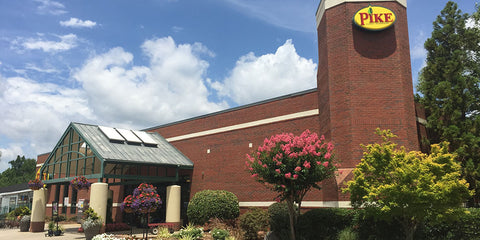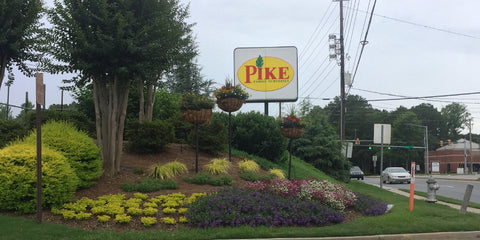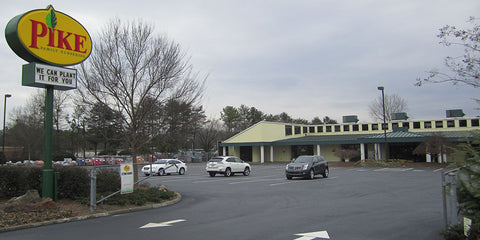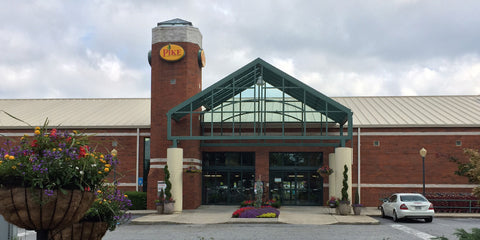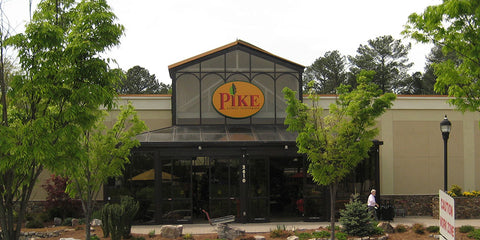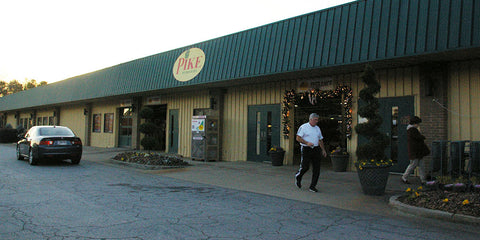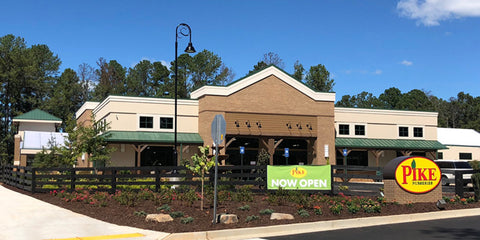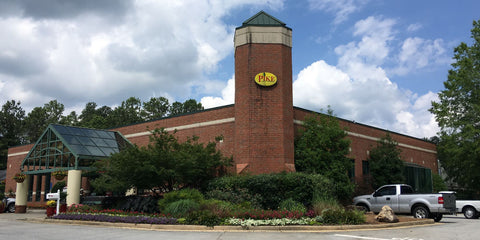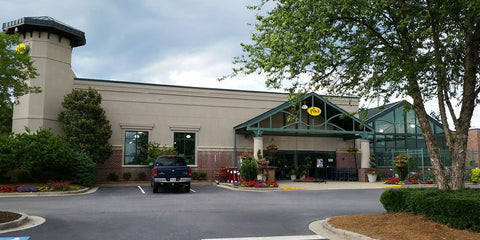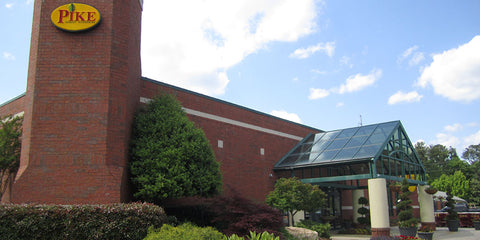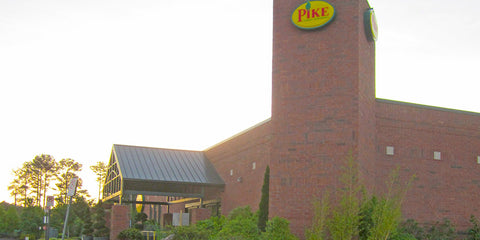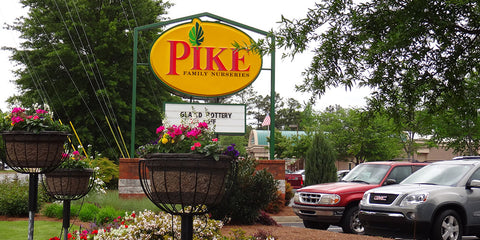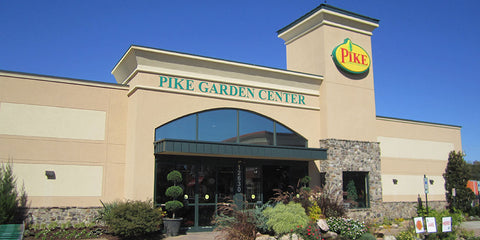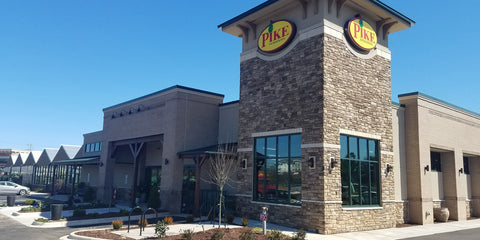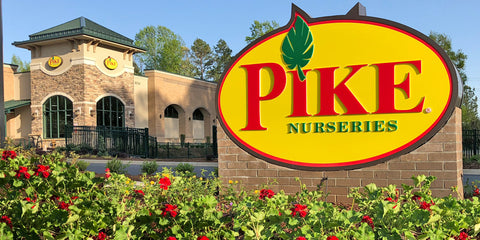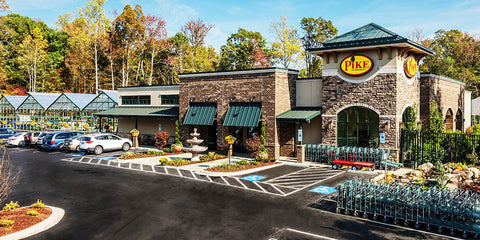Details
Cherry Blast Loropetalum is a multi-stemmed evergreen shrub with a more or less rounded form. Its relatively fine texture sets it apart from other landscape plants with less refined foliage.
This is a relatively low maintenance shrub, and should only be pruned after flowering to avoid removing any of the current season's flowers. It has no significant negative characteristics.
Cherry Blast Loropetalum is recommended for the following landscape applications:
- Accent
- Mass Planting
- Hedges/Screening
- General Garden Use
- Container Planting
Features
Cherry Blast Loropetalum features showy fragrant cherry red spider-like flowers held atop the branches from late winter to early spring. It has attractive grayish green foliage which emerges burgundy in spring. The oval leaves are highly ornamental and remain grayish green throughout the winter. The fruit is not ornamentally significant.
Care
Planting & Growing
Cherry Blast Loropetalum will grow to be about 6 feet tall at maturity, with a spread of 6 feet. It has a low canopy, and is suitable for planting under power lines. It grows at a fast rate, and under ideal conditions can be expected to live for 40 years or more.
This shrub does best in full sun to partial shade. It does best in average to evenly moist conditions, but will not tolerate standing water. It is particular about its soil conditions, with a strong preference for rich, acidic soils. It is somewhat tolerant of urban pollution. Consider applying a thick mulch around the root zone in winter to protect it in exposed locations or colder microclimates. This is a selected variety of a species not originally from North America.
Cherry Blast Loropetalum makes a fine choice for the outdoor landscape, but it is also well-suited for use in outdoor pots and containers. Because of its height, it is often used as a 'thriller' in the 'spiller-thriller-filler' container combination; plant it near the center of the pot, surrounded by smaller plants and those that spill over the edges. It is even sizeable enough that it can be grown alone in a suitable container. Note that when grown in a container, it may not perform exactly as indicated on the tag - this is to be expected. Also note that when growing plants in outdoor containers and baskets, they may require more frequent waterings than they would in the yard or garden.


